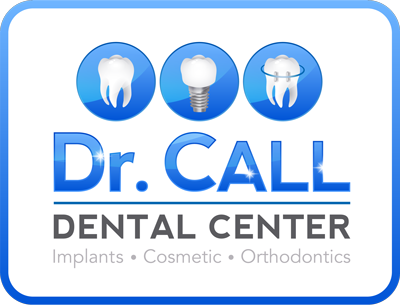When a tooth is chipped, cracked or discolored, a Dental Restorations procedure like dental bonding can help to restore the tooth. Dental bonding involves applying a tooth-colored composite resin to the teeth to repair their damage. It is a cost-effective solution that is less invasive than most dental restorations. This article talks about the process and what you can expect.
About direct composite bonding
Tooth bonding is a simple restorative procedure that does not always require anesthesia and can be completed in a single dental appointment. To begin the procedure, a dentist will use a color guide to select the composite resin color that is nearly identical to the color of the patient’s teeth. The dental professional will roughen the teeth’s surface and apply a substance that allows the bonding agent to adhere to the teeth.
The dentist will apply the composite resin to the prepared tooth, shape it and cure the material with ultraviolet light. After the resin hardens, the tooth may be shaped to look even and natural. The dentist will also apply suitable finishing to prevent the bonded composite resin from dislodging or causing tooth sensitivity. The entire procedure lasts between 30 to 60 minutes but could be longer, depending on the severity of the damage and the number of teeth affected.
Composite bonding can correct a tooth defect or imperfection. It can repair a cracked, decayed or discolored tooth. It can also help to cover minor gaps between teeth. If a tooth is smaller than the rest, the dentist can use bonding to increase the tooth’s size to create an even smile.
Adhesive bonding
Adhesive bonding involves attaching a dental restoration to a tooth with an etching and bonding agent, adhesive and high-intensity curing light. This method is deployed for esthetic and metal-free crowns, fillings, porcelain veneers, bridges, onlays and inlays.
This process of bonding a restoration to the tooth starts when the dentist isolates the teeth with a rubber dam. This helps to keep moisture out. A local anesthetic may be used depending on the nature of the treatment. In some cases, a part of the tooth may be trimmed down to accommodate the dental restoration. The dentist will etch the surface of the tooth with a gentle phosphoric acid solution. Adhesive will be applied to the restoration; then, the restoration will be placed over the tooth and cured with UV light to harden the bond.
How to care for bonded teeth
Proper oral care helps prolong the life of a bonded tooth. Tips include:
- Avoid hard foods
- Brush and floss at least twice daily
- Avoid teeth-staining foods like coffee, tea and tobacco
- Visit the dentist regularly for checkup and cleaning
Final thoughts
Dental bonding requires no unique preparation, but patients will need to consult their dentist to know whether they are eligible for the procedure. Composite bonding might not work for severe tooth damage or decay. You might require other dental restoration options, like veneers or crowns. Book an appointment with our dentist if you are in need of dental restoration.
Request an appointment here: https://drcalldental.com or call Dr. Call Dental Center at (706) 425-6240 for an appointment in our Dalton office.
Check out what others are saying about our dental services on Yelp: Dental Restorations in Dalton, GA.




